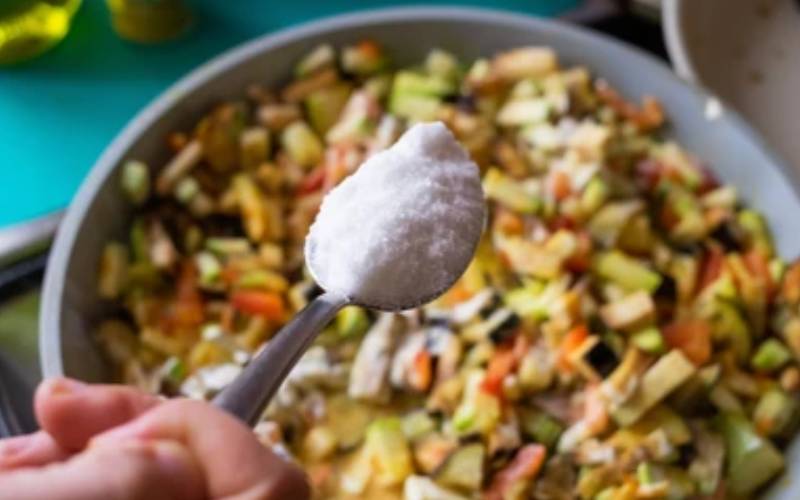×
The Standard e-Paper
Stay Informed, Even Offline

Newborns between zero to one year should eat less than 1g of salt in a day or avoid it completely. [Courtesy]
Salt is the most commonly used spice in every household. We use it in all our meals including baking bread.